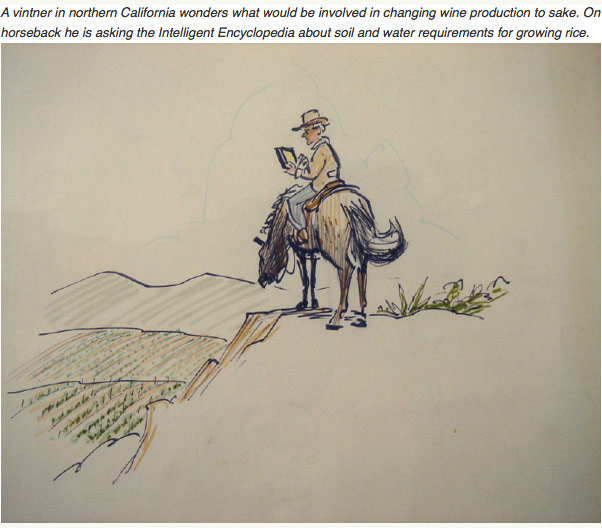Research principles of the legendary Xerox PARC
Xerox PARC was one of the most influential technology companies of the past 50 years. Among the technologies invented and/or developed there include Ethernet, laser printers, the modern mouse-controlled GUI, and WYSIWYG text editing. On Quora, former PARC researcher Alan Kay shared the principles under which research at the company operated; here are the first five:
1. Visions not goals
2. Fund people not projects — the scientists find the problems not the funders. So, for many reasons, you have to have the best researchers.
3. Problem Finding — not just Problem Solving
4. Milestones not deadlines
5. It’s “baseball” not “golf” — batting .350 is very good in a high aspiration high risk area. Not getting a hit is not failure but the overhead for getting hits. (As in baseball, an “error” is failing to pull off something that is technically feasible.)
(via @pieratt)






Stay Connected